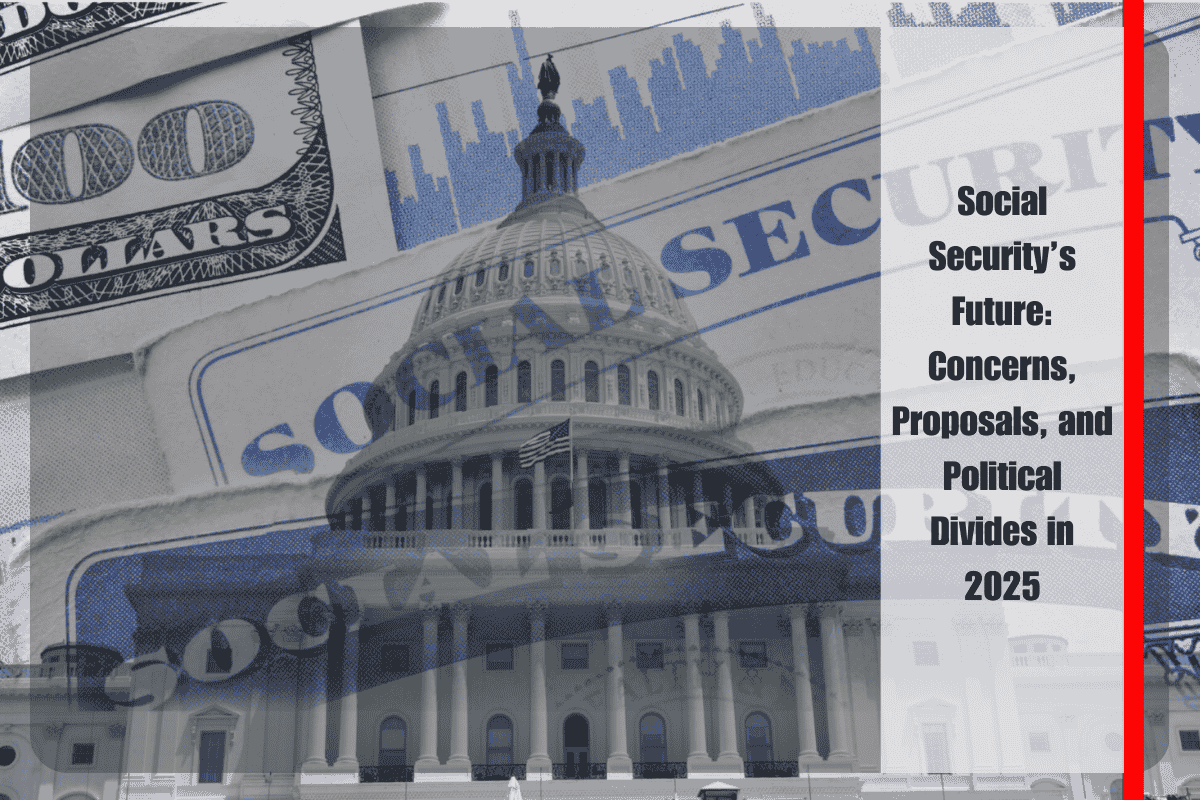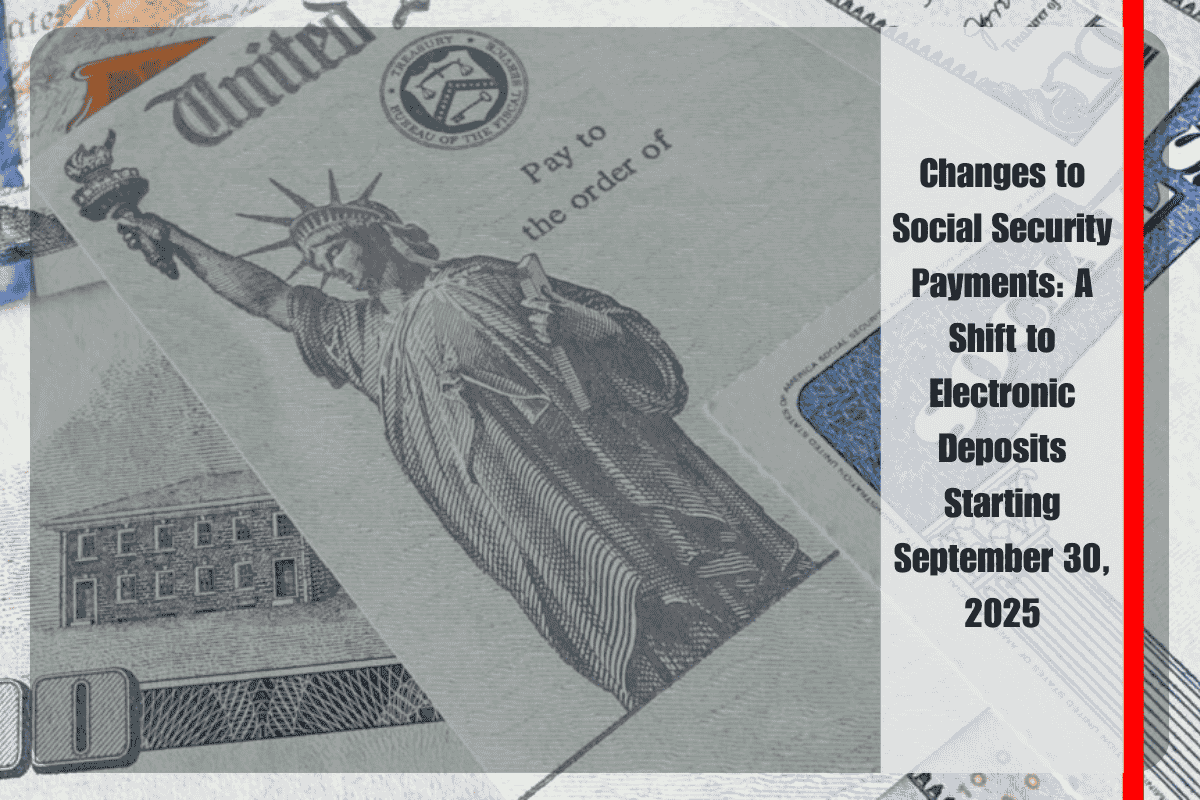As millions of Americans eagerly await their Social Security retirement payments, the Social Security Administration (SSA) is also preparing to implement a significant policy change that could impact beneficiaries. With the distribution of retirement benefits following a set schedule based on birthdates, it’s crucial for recipients to understand the payment dates, amounts, and the new overpayment recovery rules.
Social Security Payment Dates for July 2025
The SSA distributes Social Security retirement payments on a set schedule each month, depending on beneficiaries’ birthdates. If your birthday falls between the 1st and 10th of the month, your payment will be made on the second Wednesday, which in July 2025 is July 9. Those with birthdays falling between the 11th and 20th will receive their checks on the third Wednesday, which is July 16. Finally, those born between the 21st and 31st of the month will have their payments sent on the fourth Wednesday, July 23.
There are some exceptions: Americans who started receiving retirement benefits before May 1997 or those receiving both Social Security and Supplemental Security Income (SSI) should have received their payments on July 3. SSI payments were sent out on July 1.
Maximum Social Security Payments for 2025
The amount you receive from Social Security depends largely on your lifetime earnings and the number of years you worked. The maximum payment that beneficiaries can receive in 2025 is $5,108. To reach this amount, a person would need to have earned the maximum taxable amount for 35 years and delayed claiming benefits until age 70.
New Overpayment Recovery Policy
A major change to Social Security policy has been announced, which will affect millions of beneficiaries. Starting July 24, 2025, the SSA will begin withholding 50% of payments from individuals who have been overpaid. This change will apply to individuals who were notified about the overpayment after April 25, 2025. The SSA will continue withholding this amount until the overpayment is fully recouped.
For overpayments that occurred before this date, or for SSI overpayments, the withholding rate will remain at 10%. Beneficiaries who were overpaid before April 25, 2025, will continue to see a smaller portion of their payments withheld.
Filing for a Waiver
If you believe that the overpayment was not your fault, or if you cannot afford to repay the full amount, you may be eligible for a waiver. The SSA provides a form called SSA-632, which can be filled out and submitted at your local office. According to the SSA, you should file this form if:
You agree that you’ve been overpaid but believe you should not have to repay it.
You did not cause the overpayment.
You cannot afford to repay the overpayment.
For those who need more information or assistance, the SSA recommends calling their customer service line at 1-800-772-1213.
Changes to the Recovery Rate
The new 50% recovery rate is a significant change from the original proposal to withhold 100% of a person’s monthly check until the overpayment was fully recovered. The SSA had previously reduced the withholding rate to 10% starting in spring 2024, in response to public outcry about the hardship caused by the previous policy. Under the earlier system, some beneficiaries, especially those with low incomes or disabilities, were subjected to large bills of four or even five figures, sometimes for overpayments that dated back years or even decades.
For example, one woman received a bill for $63,000, and a couple in Michigan was left in a state of “sheer panic” after receiving an $84,000 overpayment bill. In some cases, individuals were even threatened with eviction or foreclosure due to these financial burdens.
With Social Security payments arriving in July 2025, understanding the payment dates and new policies is crucial. The introduction of the 50% withholding rate for overpayments could be a significant burden for those affected, but there are options to appeal and file for a waiver. As the SSA prepares to implement these changes, beneficiaries should stay informed to avoid any financial surprises and ensure they are receiving the benefits they are entitled to.












